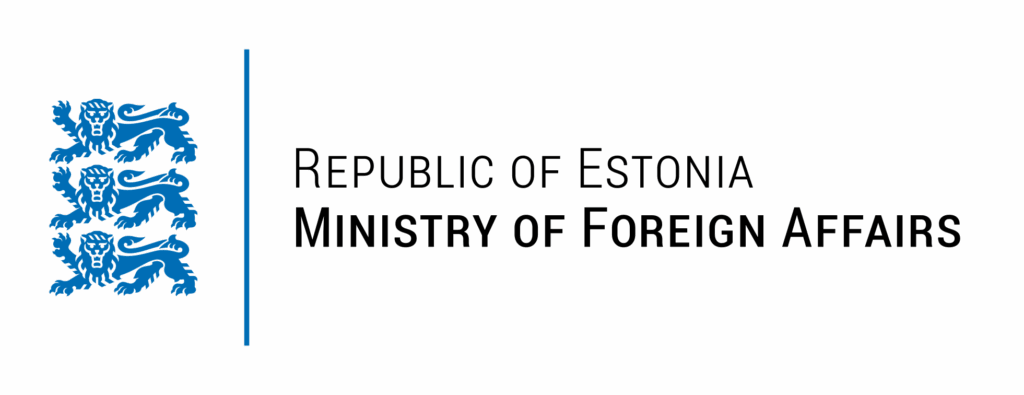
About
About
Research project “The History of Estonian Diplomacy, Foreign and Security Policy of Estonia: Accession to International Organisations, 1990-2010” (EVaDip) is based on the observation that research into Estonian diplomacy, foreign and security policy has been sporadic to date. A few collections of memoirs have been published, and the topic has also been partially addressed in the writings of politicians after the restoration of independence or in collections of articles focusing on specific issues. The study of collective memory as an influencer and determinant of Estonian foreign policy and, more broadly, international relations has received very little attention.
As time goes on, there is a growing risk that narratives about Estonian history, both in Estonia and further afield, will continue to be shaped by writings that focus on random events and are based not on Estonia’s perspective, but on that of other countries and interest groups. There is therefore a direct link between the study of Estonian foreign and security policy and the history of diplomacy:
- Estonia’s security and socio-economic well-being, as well as maintaining its independence and the vitality of its people;
- Estonia’s ability to be a valuable partner to its allies.
As a result of the EVaDip project, Estonia will have a better understanding of its foreign policy and diplomatic history, which in will lead to a society and foreign service that are better informed about foreign policy. In addition, a more comprehensive and substantively deeper field of research on foreign and security policy, the history of diplomacy, and collective memory would emerge, the results of which can be applied in the activities of the Estonian foreign service and in raising awareness among the Estonian and foreign public. Estonia’s place in historical science, the media, social media, and historical narratives circulating in the public sphere in general may become a matter of existential importance for the future of the Estonian state and people in the context of changing international relations and the new geopolitical situation.
The research project “The History of Estonian Diplomacy, Foreign and Security Policy of Estonia: Accession to International Organisations, 1990-2010” (2025–2028) is commissioned and funded by the Ministry of Foreign Affairs. The research is being carried out by the Institute of History and Archaeology at the University of Tartu, and the project is led by Kaarel Piirimäe. The project is funded in the amount of EUR 110,000 per year for four years. In addition to scientific articles, an important output of the project is the writing of a collective monograph on Estonia’s accession to international organizations.




